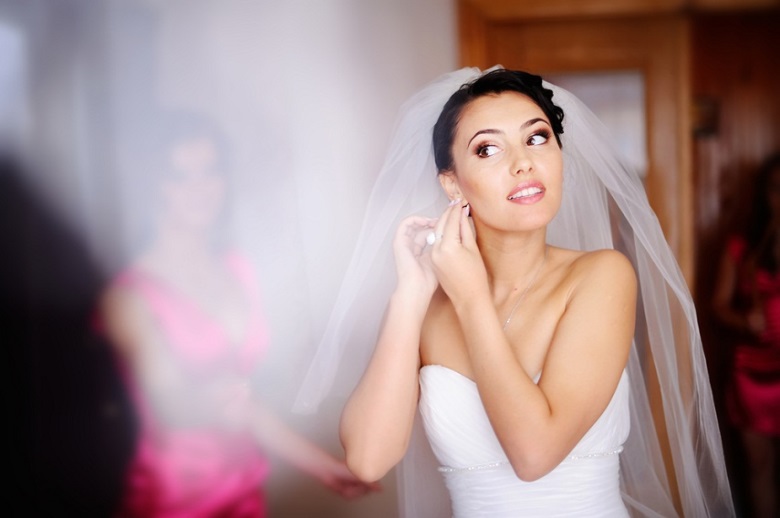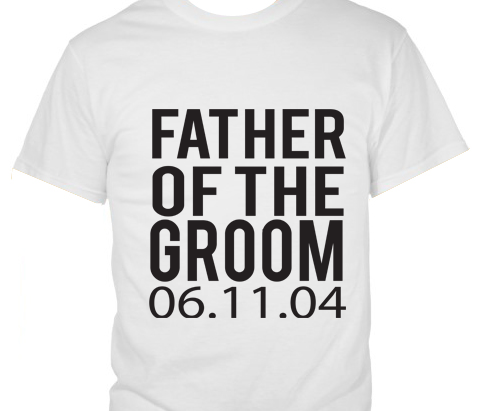Marriage the second time around
After a divorce, many think that they will never have the emotional fortitude or the willingness to marry another. However, time usually heals the wounds inflicted and many have found a very special kind of love after separation. However, the next major hurdle is the wedding. Sharing this union with friends and family usually carries its own set of challenges. However, when it is the second marriage, there is considerably more baggage with which to deal.
The first matter to consider is the happiness and involvement of children that are not your own. It is wise and kind to make sure that the children of your future spouse feel important enough to have some influence. Smaller ones may even be involved in the ceremony. It is vital that you do not only include your own children, but that they all share an equal responsibility. This will cement your commitment to the entire family, and reassure them that they will be an important part of your lives together. The rest of the family should also receive equal attention. You do not want to use your wedding day as a platform from which to voice your opinions about your future partners’ past choices.
Decide together who you would both like to be invited. You will likely require leniency and should grant your fiancé the same luxury. Although you may not have chosen to invite certain family members or friends, it is important to acknowledge that both of your pasts have created your current situation and that this is not something you can change.
At the wedding, be sensitive to the family of your bride or groom. Parents may be emotionally strung and concerned about mistakes being repeated or the happiness of any children from the first marriage, children may be nervous and friends sceptical. Try to realise the motivation behind these feelings and appreciate their presence. It may be a good idea to understand their feelings before the wedding day so that you are prepared. This will involve communication and humility.
Apart from the friends and family, there are practical details that need to be considered. Tradition has it that only the ‘virgin bride’ should walk down the aisle in white. However, this tradition died decades ago and it is now acceptable for the less-than-virginal to wear pristine white. A tradition that has stood the test of time, though, is the veil over the face. For a woman’s second marriage, she should opt for a veil that hangs behind her head, a hat or flowers, if anything at all. It is also likely that, if there have been a few years between your first and second marriages, fashion and your body shape is likely to have changed somewhat. Your first choice may have to be adapted slightly to incorporate these aspects, so you will need to be more flexible in your choices.
Another important factor to take into consideration is the fact that, although this may be your second marriage and wedding, your prospective spouse may never have been married before. This person may have all sorts of expectations about this special day. Do not put a damper on their excitement based on your past (possibly negative) experiences. Rather, dignify them with the patience and understanding they deserve and try to be as positive and accommodating as possible. This will ensure that you both have a special day that fulfils your expectations and hopes.
Photo Credit: www.bostonmagazine.com





